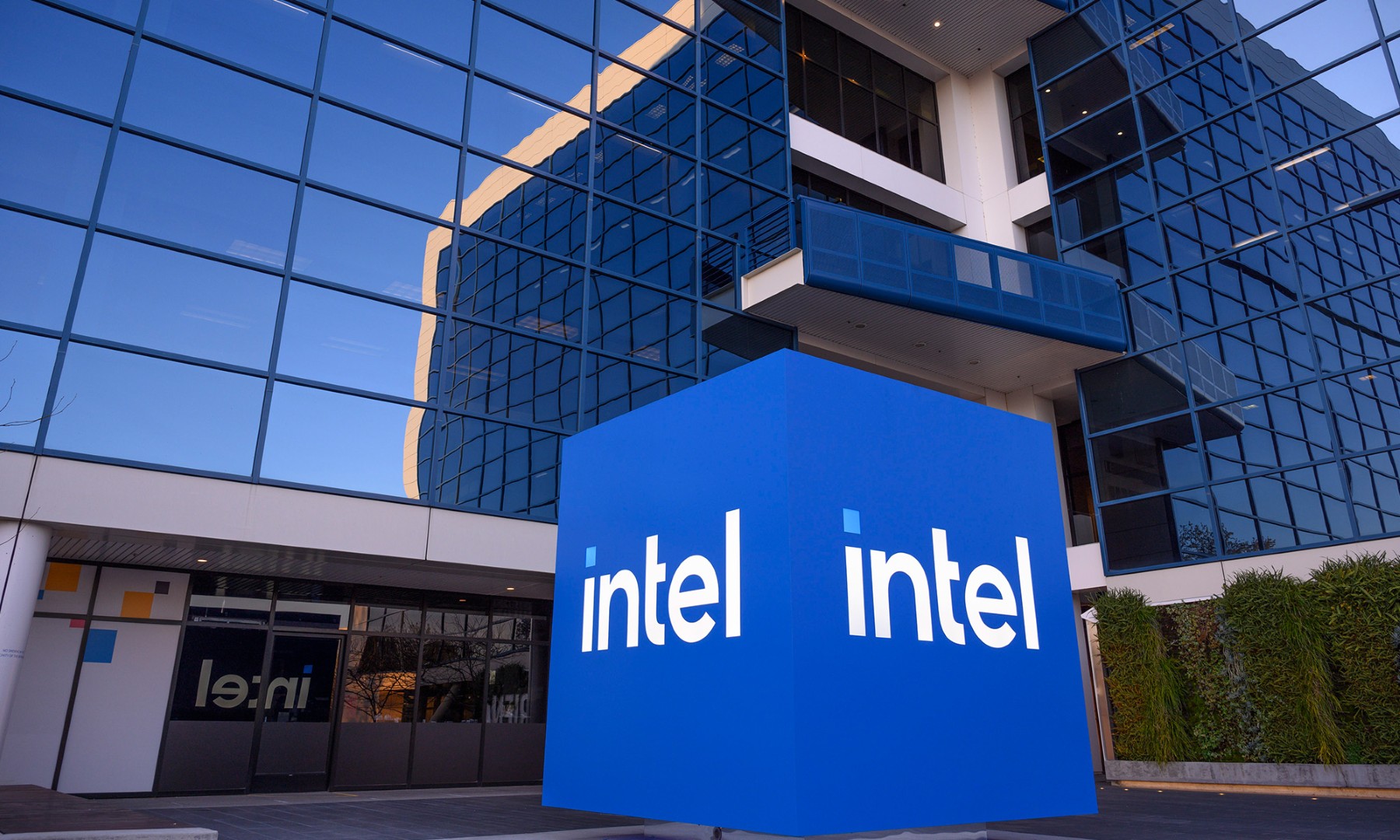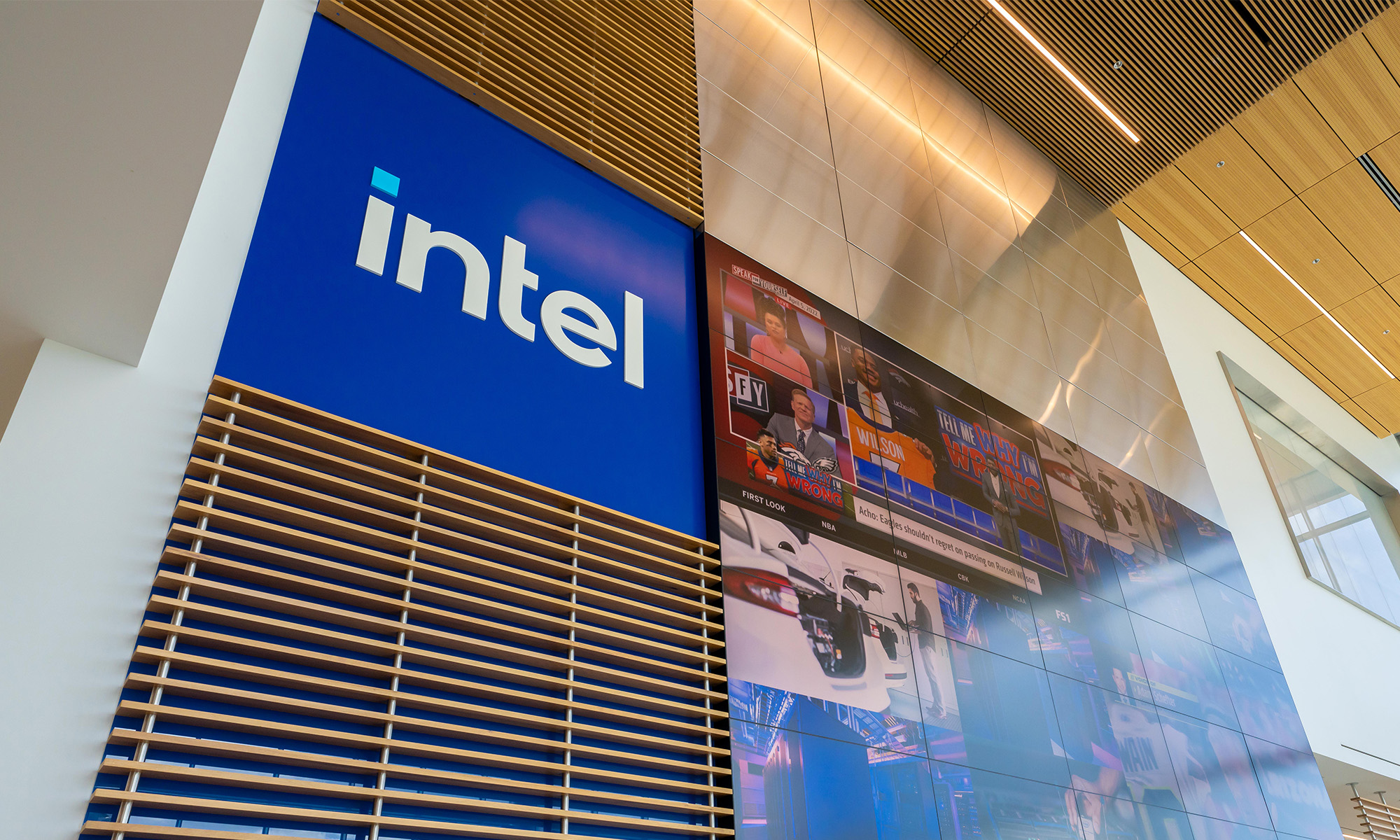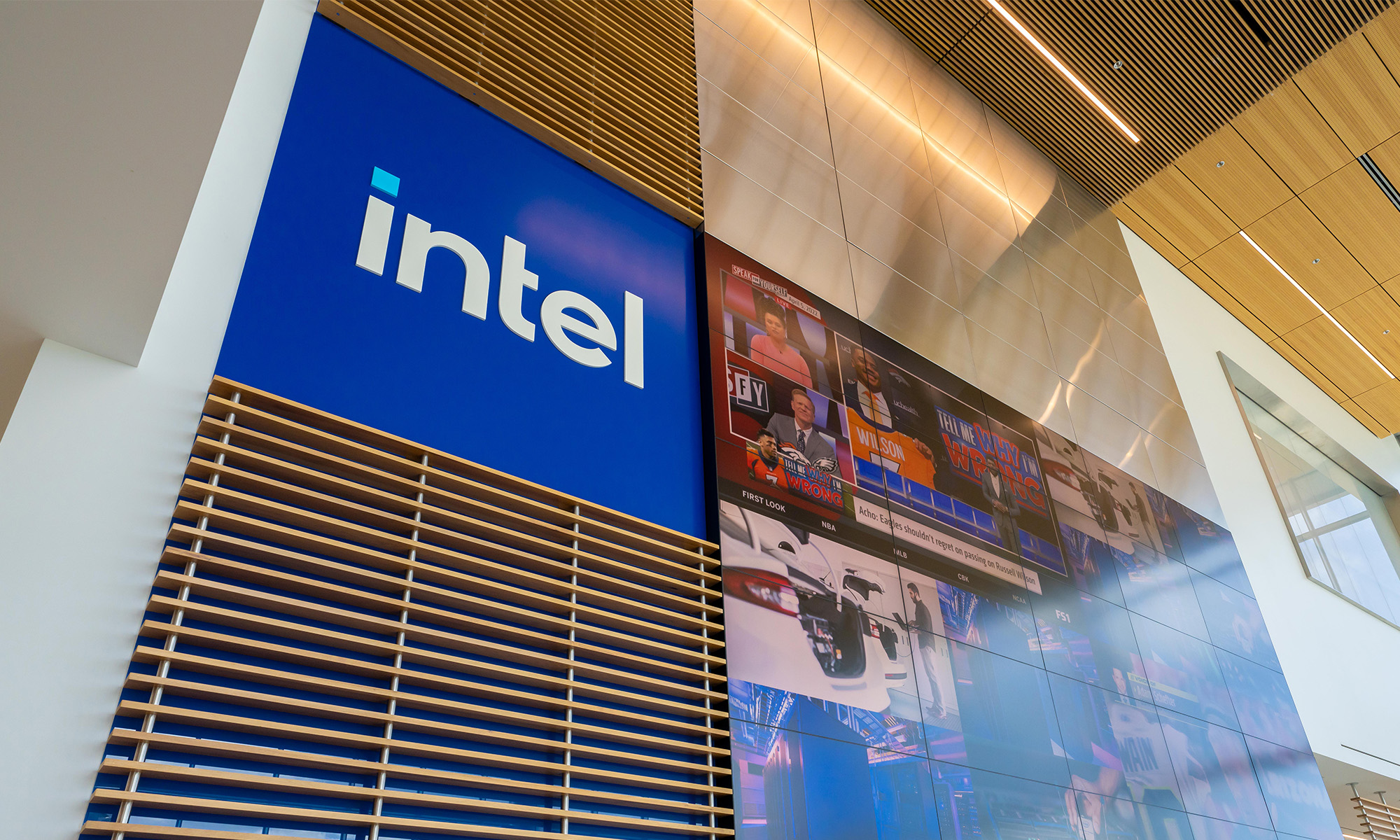Intel (INTC 0.78%) and Google (GOOG 0.12%) (GOOGL 0.18%) announced a lineup of new Chromebooks, Chromeboxes, and Chromebases last Tuesday, all of which are powered by Intel's processors.
The once-dominant "Wintel" monopoly -- PCs powered by Intel's processors running Microsoft's (MSFT 0.57%) Windows operating system -- has been fading for years as tablets and smartphones have increasingly cannibalized sales of traditional PCs. But Chromebooks present a unique challenge to Microsoft's Windows. Intel's increasing support of Google's platform is a bad sign for the future of Microsoft's operating system.
Microsoft's war on the Chromebook
Over the last few months, Microsoft has been waging an aggressive war against Chromebooks, slamming them in dedicated ads and reducing Windows licensing fees to makers of low-cost, Chromebook-competitive Windows laptops.
Often, Microsoft's response to Google's Chrome OS has elicited confusion from the general tech press. If Chrome OS is such a tiny share of the overall computing market, why does Microsoft care?
The power of Chrome OS
Put simply, there's a reason that nine of the top 13 best-reviewed laptops on Amazon.com are Chromebooks. Given its limited market share, few have been exposed to it, but over time, I remain convinced that the market will come to appreciate the tremendous value offered by Google's cloud-based operating system.
Owners of Chromebooks never need to install drivers or patches. They don't have to worry about viruses. Software degradation (the gradual sluggishness that often afflicts Windows PCs) is not a problem. Most of all, they're cheap -- Amazon's top-rated laptop retails for just $199.
"Chromebooks get better over time," Google's Caesar Sengupta asserted last week. Sengupta was referring to the steady stream of upgrades Google has made to the operating system (most recently allowing movies purchased through Google Play to be viewed offline). But there's more to it than that.
The primary criticism of Chrome OS has been its inability to play any form of local software except Google's own limited web apps. Years ago, this was a major limitation, and is still an issue, but is increasingly irrelevant.
The rise of cloud computing has made, and continues to improve, Chrome OS' viability. Obviously, all cloud-based sales software is accessible, but so is Microsoft's Office (a stripped down version, admittedly) and AutoCAD. This is a trend that will only continue -- Microsoft itself is helping to facilitate it with Azure.
Betting on the Chromebook trend is a great move for Intel
Intel's processors don't power all the Chromebooks in existence, but they do power most of them (notably, Samsung's Chromebooks use mobile processors). Betting aggressively on the Chromebook trend (Intel revealed that it's now the second-biggest contributor to the Chrome OS project, next to Google) could ensure that if Chromebooks do catch on in a big way, Intel need not worry about losing another processing market to its mobile-focused competitors.
At the same time, Chromebooks provide a level of competition with tablets -- a market Intel is still struggling to crack. It may seem like an odd comparison, but others (including Laptop Mag) have contrasted the two platforms extensively.
Chromebooks are priced competitively with tablets and boot up almost instantaneously -- a few are even sold with built-in wireless network connectivity. For someone looking for a cheap device capable of accessing the Internet, a Chromebook could be a great alternative to a tablet.
While Microsoft's Windows won't vanish in the near future, Google's Chrome OS is a major, seemingly underappreciated threat. Chromebooks aren't for everyone (at least not yet), but are steadily improving, and with Intel on board, should see greater adoption in the future.









